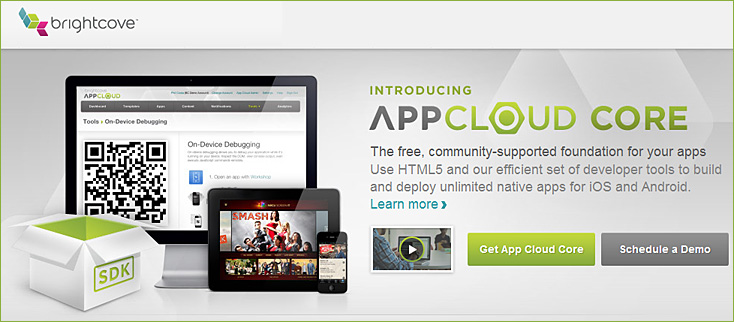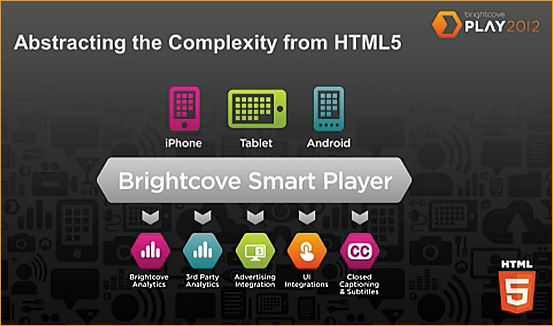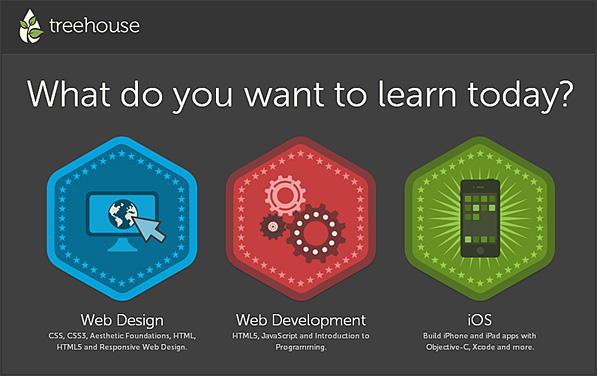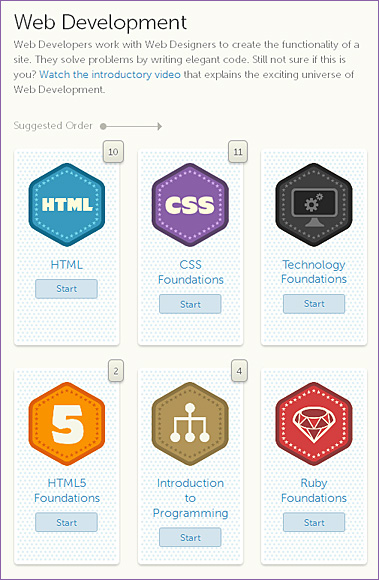[Report] Developer Economics 2012 – The new app economy –– from visionmobile.com
Excerpt:
Here’s just a sample of the key insights and graphs from the report – download the full report for more!
The new pyramid of handset maker competition.
In the new pyramid of handset maker competition, Apple leads innovators, Samsung leads fast-followers, ZTE leads assemblers and Nokia leads the feature phone market. Apple has seized almost three quarters of industry profits by delivering unique product experiences and tightly integrating hardware, software, services and design. Samsung ranks second to Apple in total industry profits. As a fast follower, its recipe for success is to reach market first with each new Android release. It produces its own chipsets and screens – the two most expensive components in the hardware stack – ensuring both profits and first-to-market component availability.
Tablets are now a mainstream screen for developers.
Developers are rapidly responding to the rising popularity of tablets: our Developer Economics 2012 survey found that, irrespective of platform, more than 50% of developers are now targeting tablets, with iOS developers most likely (74%) to do so. This is a massive increase over last year, when just a third of developers (34.5%) reported targeting tablets. On the other end of the spectrum are TVs and game consoles, with fewer than 10% of developers targeting those screens.
Survival of the fittest has played out within 12 months.
Whereas 2011 was the era of developer experimentation, 2012 is shaping up as the era of ecosystem consolidation around iOS and Android. Developer Mindshare is at an all-time-high 76% for Android and 66% for iOS. Darwin’s “survival of the fittest” model explains how BlackBerry, BREW, and Bada (Samsung) have lost Mindshare by failing to compete in terms of user reach, which is by far and consistently the top platform selection criterion for developers. In 2012, developers used on average 2.7 platforms in parallel, vs 3.2 in 2011, a clear sign of consolidation. The trend is further evidenced by declining IntentShare scores for most platforms – apart from mobile web and Windows Phone.

















